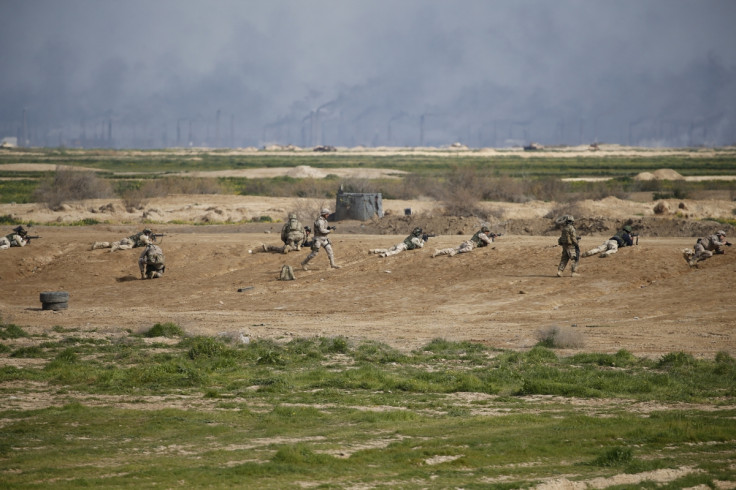Iraqi security to build concrete wall and trench around Baghdad to stop Isis attacks

Security forces in Iraq have begun constructing a concrete wall and trench that will encircle Baghdad in the wake of numerous Islamic State (Isis) bombings. Extremists from Daesh (Isis) have taken over vast swathes of land north and west of Baghdad, and the wall will create a 186 mile (300km) barrier surrounding the city from all sides.
On 11 January, in their latest attack, Isis gunmen stormed into the Jawhara Mall in the city after setting off a car bomb and launching a suicide attack at its entrance. It left 18 dead and 50 injured in the mainly Shia east of the city.
Many concrete walls remain inside the city that have separated Sunni and Shia Muslims since the fall of the city to US forces in 2003. Some of these will be dismantled. The wall will allow security forces to better monitor cars going entering the city and will be used alongside increased security checks and an increased CCTV presence.
Baghdad Operations Command's head Lieutenant-General Abdul Ameer al-Shammari said on the defense ministry's website that preparatory work started on Monday. He said: "The security barrier around Baghdad will prevent terrorists from infiltrating the capital or smuggling explosives and car bombs to target innocent civilians."
Construction will start in the Isis-stronghold of al-Subaihat, around 20 miles (40 km) to the west of Baghdad. The plan is to isolate the city from Falluja which is a larger city also under the control of Isis.
Despite the plans for the outside wall, the so-called Green Zone inside the city is expected to remain intact. Created by the coalition in 2003, this heavily fortified zone is home to the Iraqi parliament and the US and UK embassies.
In June 2014, Isis capitalised on a weak Iraqi government and seized large parts of northern and western Iraq, and proclaimed the creation of an Islamic caliphate bridging Iraq and Syria. But with the help of US-led coalition airstrikes and the advancing Kurdish Peshmerga in the north they have begun to lose ground.
© Copyright IBTimes 2025. All rights reserved.






















